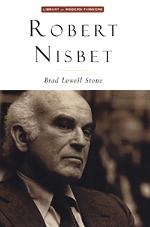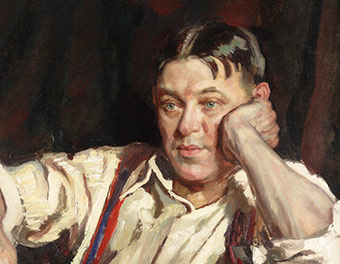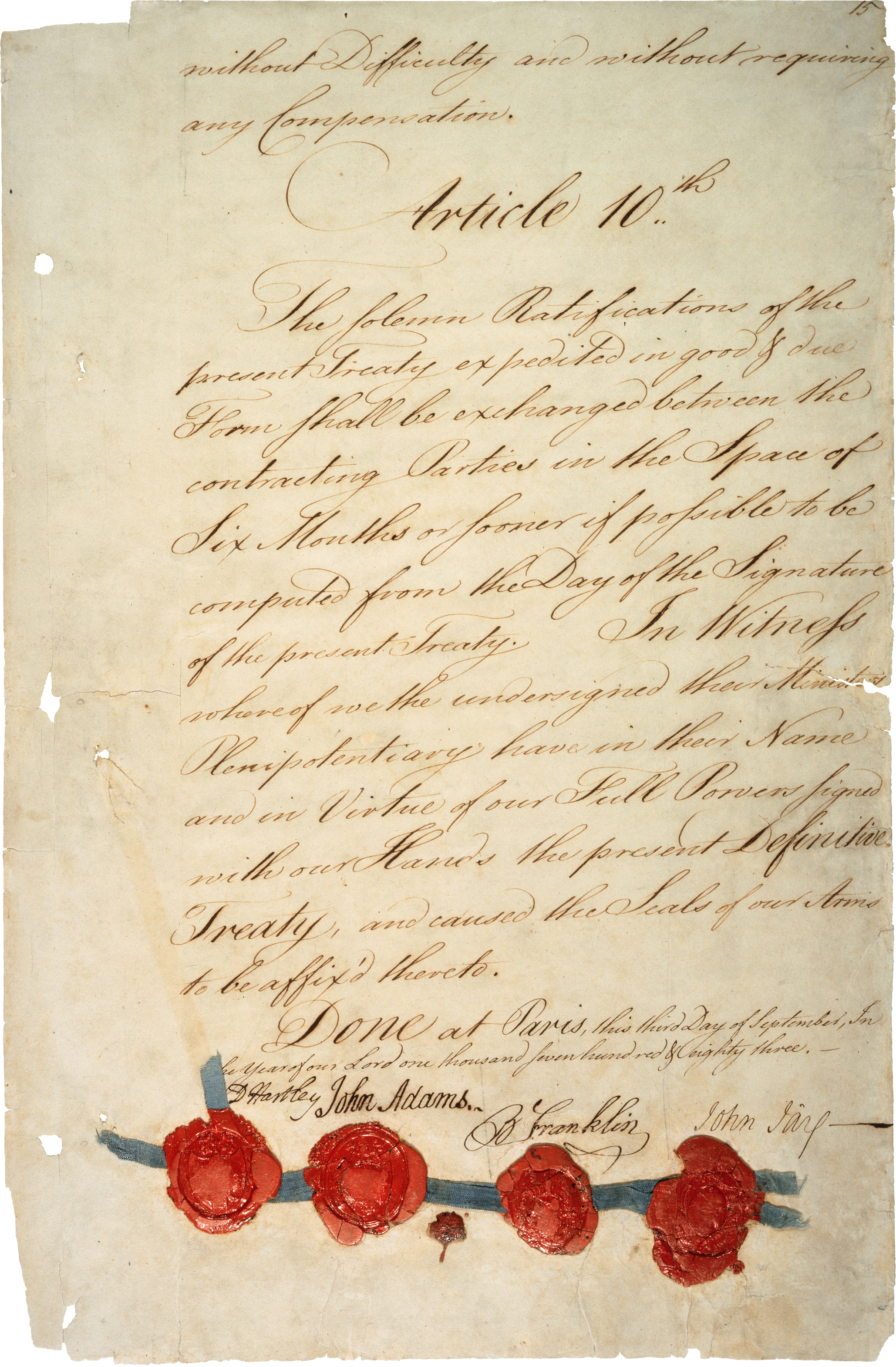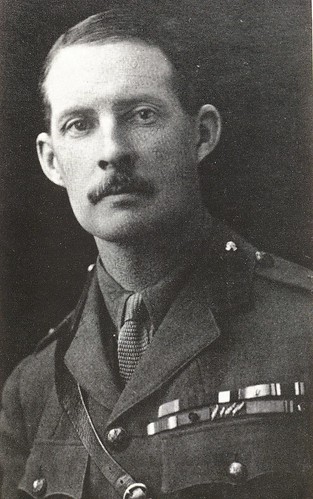June started off with the Britannic coronation anniversary: Ad Orientem, Tea at Trianon, The Mad Monarchist, No Republic! (again and again), Trond Norén Isaksen
Another Britannic event took place in July, with the arrival of Prince George: The Monarchist, The Mad Monarchist, Ad Orientem, Ad Orientem again, Altar and Throne, No Republic! (again, again, again, again, and again), Dag T. Hoelseth, Trond Norén Isaksen
Tea at Trianon posts generally about the British monarchy, also commenting on the French. The Thinking Housewife also reflects generally on the Britannic monarchy.
Over at Scotland on Sunday, Mr. Gerald Warner gives his thoughts on the new heir being a prince.
Over at the Mail on Sunday, Mr. Peter Hitchens gave his thoughts on the future of the Britannic monarchy. He followed up with some thoughts on monarchy and liberty – in two parts and some responses.
This is most definitely the year of abdications. In July we had the Belgian one: Trond Norén Isaksen, The Mad Monarchist (again and again)
Early in July we have the annual event of the anniversary of American independence: Mr. Paul Pirie at The Washington Post, The Mad Monarchist, The Pittsford Perennialist (quote of Mr. Daniel Hannan)
Over at Alternative Right, Mr. Mark Hackard reflects on Russia, concluding:
Vladimir Putin is far from a perfect counterrevolutionary, but he leads the last great people to oppose an incipient, inhuman world tyranny. His place in history’s saga depends on an ideal reborn- not bourgeois, technocratic Russia Inc., but a Third Rome, calling the nations to repentance and giving the enemies of God good cause to shudder.
Ad Orientem has a
couple of
posts on Russia.
Tea at Trianon reflects on the mystery of Grand Duchess Anastasia, reviewing
The Resurrection of the Romanovs.
The Mad Monarchist has some more post, some of which are:
Says Mr. Pax Dickinson:
[M]onarchy might result in a criminal sociopath becoming your leader. [D]emocracy guarantees it.
Also says Mr. Dickinson:
Democracy incentivizes the state to monitor and mold its citizens' public opinions. Privacy is incompatible with mass government.
Furthermore:
[V]oter compassion without awareness of facts is built into mass democracy.
Moreover:
If you laugh at how stupid internet commenters are but you also believe in democracy, the joke's on you.
Even more:
[O]f course democracy is compatible with mass surveillance, how else can you be sure the people have the correct opinions?
Yet more:
The GOP shouldn't compromise it's principles to cater to mass opinion? Are you stupid? If you're against that, stop supporting democracy.
Royal Central busts five anti-monarchy myths.
Over at
Reason 24/7, Mr. Matthew Feeney
presents benefits of monarchy.
Over at
Taki's Magazine, Mr. John Derbyshire
wonders whether democracy's sun is setting.
Over at
Enter Stage Right, Mr. Bruce Walker
argues for advantages of monarchy.
Over at
The Washington Post, Mr. George F. Will
explores the connection between Detroit's situation and democracy.
Foseti reviews The Problem of Democracy by Alain de Benoist.
28 Sherman gives a taste of democracy and illiteracy.
Tea at Trianon reviews the movie
Farewell, My Queen of 2012.
Mr. William Gairdner
ponders the role of a senate.
The Pittsford Perennialist is
baffled by the call for expanding voting rights. Said weblog
also quotes from a review by the
recently late (RIP) Professor Kenneth Minogue of
The Enlightenment by Anthony Pagden.
Hello Magazine
reports on yesterday's wedding of Mr.
Andrea Casiraghi, currently second in line to the Monegasque throne, only one of two thrones in Europe, not counting the Vatican, where the occupant has any real powers beyond “reserve and advisory powers.” This was high time – given the order of events...
Royal World has posts:
August,
July,
June. So does
Radical Royalist:
August,
July,
June. Mr. Rafal Heydel-Mankoo also has lots of interesting commentary:
August,
July,
June.
Mr. Michael Anissimov
quotes Mr. William S. Lind:
In 1914, the West put a gun to its collective head and blew its brains out.
So does Konkvistador:
It may well be that European civilization’s last chance for survival was a German victory on the Marne in 1914.
Says Mr. Pax Dickinson:
Woodrow Wilson is an often under-estimated contender for the title of History's Greatest Monster.
Also says Mr. Dickinson:
[T]he world was made safe for democracy, and only then did we notice the predatory gleam in its eye and how sharp its teeth are.
Says The Mad Monarchist:
Sir Winston Churchill famously said, “Democracy is more vindictive than Cabinets. The wars of peoples will be more terrible than those of kings”. True words and easily proven so. In those backward, reactionary times of royal rule, wars tended to be fought for some specific aim. Enemies could meet on the field of battle while their rulers still held mutual respect for each other. Wars tended to end by negotiation. Capital cities were rarely taken and the physical destruction that accompanied war was limited to the battlefields themselves and the actual ground armies marched over. Compare that to the wars of the Twentieth Century in which whole cities, hundreds of miles from the front lines, were bombed to rubble. Sometimes even cities in neutral countries were bombed by mistake. Oops. In the past, when a negotiated peace was the aim of a war, it was usually necessary to have someone to negotiate with. After the wars of peoples took hold, in order to motivate an entire population to war, politicians had to enflame peoples against each other and nothing less than the total annihilation of the enemy and their government would suffice.
Over at
LewRockwell.com, Mr. Jonathan Goodwin
gives some thoughts on democracy and revenge.
Writes Ad Orientem:
In other words nothing of great importance was going on at the end of August 100 years ago. It will be six years before I will be able to write those words again.













